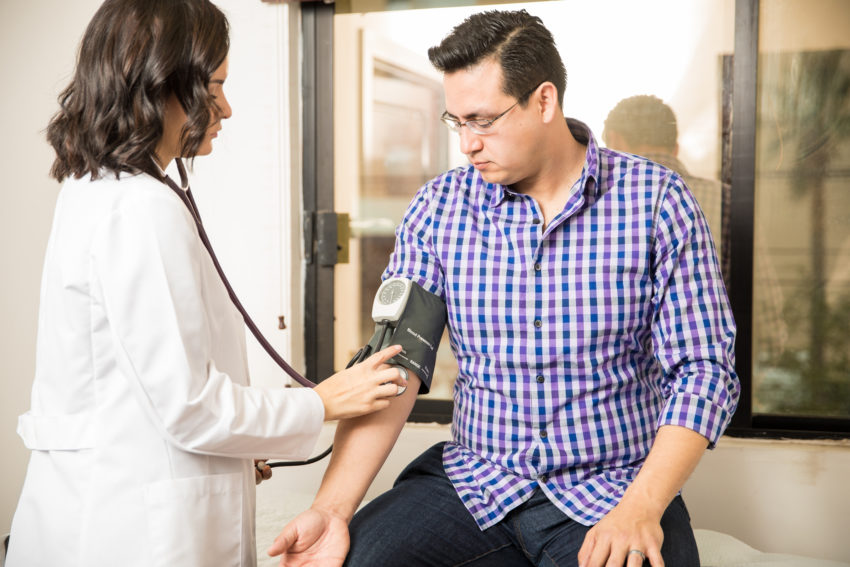
Share On Social!
A few years ago, Jaxson Martinez and his family got the worst news imaginable.
Jaxson, a five-year-old from Uvalde, Texas, was diagnosed with stage 4 high-risk neuroblastoma. This is a rare cancer, only about 300 cases a year in the U.S.
He would need at least a four-week stay at San Antonio’s Methodist Children’s Hospital, and also a year’s worth of chemotherapy.
“Even though it broke our hearts to know our son has cancer, he seems to have no idea he’s even sick,” said Juan Martinez, Jaxson’s father.
Jaxson endured seven rounds of chemotherapy, stem cell transplants, tumor removals, 12 rounds of radiation, and had more than 30 blood transfusions!
“And to him, at 2 years old, he thought this was all normal,” Juan said.
Jaxson’s story has a happy ending.
He had a 90% reduction of the tumor in his abdomen, and 100% in the tumor in his head. He is now happy at home with his family and attending preschool.
His family credits the support of countless prayers and the doctors, nurses and many others for saving his life—including blood donors.
The need for blood donation
The average person has 8 pints of blood in their body. Health practitioners use about 40,000 pints of blood every day.
There is a dramatic need for blood donations to help save lives, but fewer than 1 in 10 people actually donate.
Latinos comprise less than 1% of all blood donors.
That’s bad news because experts say Latinos tend to have extremely important blood types. Additional donations are critically needed.
Visit our recent Storify to find innovative ways to increase Latino blood donations.
How to donate blood
You can help kids like Jaxson and his family by donating blood.
In the San Antonio area, visit the South Texas Blood and Tissue Center to find a blood drive or donor room near you. They also break down the donation process.
The American Red Cross also enables people to donate blood across in the nation.
Be a hero. Be a blood donor!
Explore More:
Healthcare AccessBy The Numbers
25.1
percent
of Latinos remain without health insurance coverage



